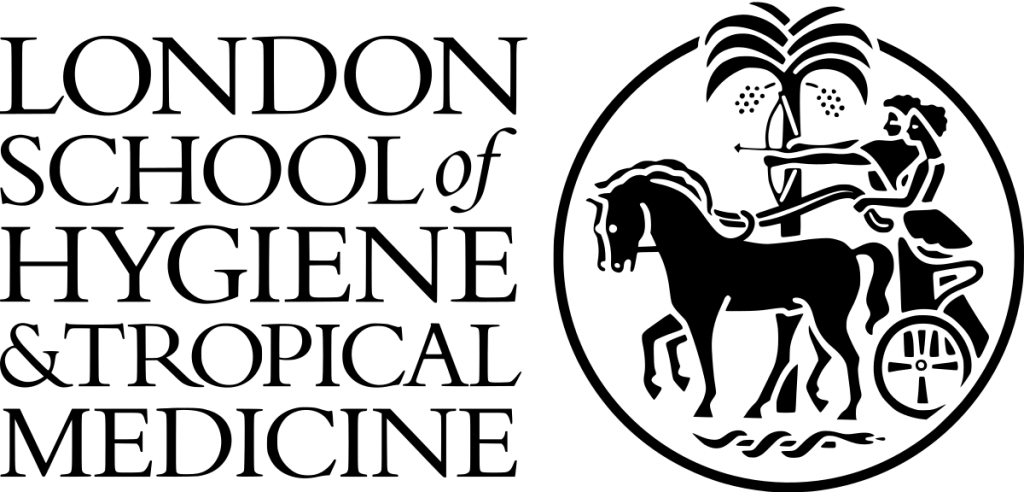
About me: I’m a dual American and Hungarian citizen who grew up in Buffalo, New York, within a 20 minute walk of the Canadian border. This upbringing seems to have cultivated my interest in the continual construction, negotiation and contestation of one’s own cultural and national identity. I went on to earn a BA in anthropology (Princeton) and an MPhil in Politics, Democracy and Democratic Education (Cambridge). Along the way, I also conducted research in Canada as a Fulbright Fellow. Professionally, I worked as Assistant Director of Undergraduate Admissions at Princeton and then as a university guidance counsellor at one of the most expensive boarding schools in the world, in Switzerland. Through these professional experiences, I also became interested in the transmission and legitimation of elite status within the educational sphere.
My research: My PhD research aims to understand young men and women’s sense of national belonging, when their school and its members are part of various ‘elite’ groupings within a transnational space. Through a sociological and historical in-depth study of one school in the Swiss Alps, my work is concerned with how students engage and re-negotiate their multiple and shifting national identities as well as the power structures and hierarchies that shape, reinforce and resist such meaning-making processes. This work locates these students’ subjectivities within and beyond national class structures and borders, extending scholarship that has examined how national fields of power shape meaning-making processes, as well as exploring the dynamic role of these particular kinds of elite secondary schools in these processes.
The difference my research makes: This cross-disciplinary work contributes to existing scholarship geographically, methodologically and theoretically. It adds to a growing study of economically elite educational spaces that stretches beyond the former British Empire. It also contributes to methodological literature on combining sociological and historical approaches in elite studies. Theoretically, it engages and challenges emerging work on transnational elite social class formation by considering whether these students’ social and cultural capital can be translated from any given national socioeconomic order to a transnational one.
Collaborations: I am establishing an archive at my research site, in collaboration with the school.
Conference presentations:
* Lillie, K. (2017, November). Articulating Sociological and Historical Approaches: A Proposed Way to Critically Revisit Important Questions about Global Class Formation. In V. Hey (Chair), Early Career Researchers Panel. Session conducted at the conference Studies of Elites and Education: Fresh Directions and Connections, London.
* Lillie, K. (2017, September). Citizens of the World as Citizens of Nowhere? Students’ Narratives of National Belonging in an Economically Elite Transnational Educational Space. In H. Ellis (Chair), Experience, Identity and Belonging in Twentieth-Century Elite Education. Symposium conducted at the meeting of the British Educational Research Association, Brighton.
Pathway: Education
Location: UCL, Institute of Education
Supervisors: Claire Maxwell & Gary McCulloch
Email: Karen.Lillie.15@ucl.ac.uk
Twitter: contact details: @KJLillie







